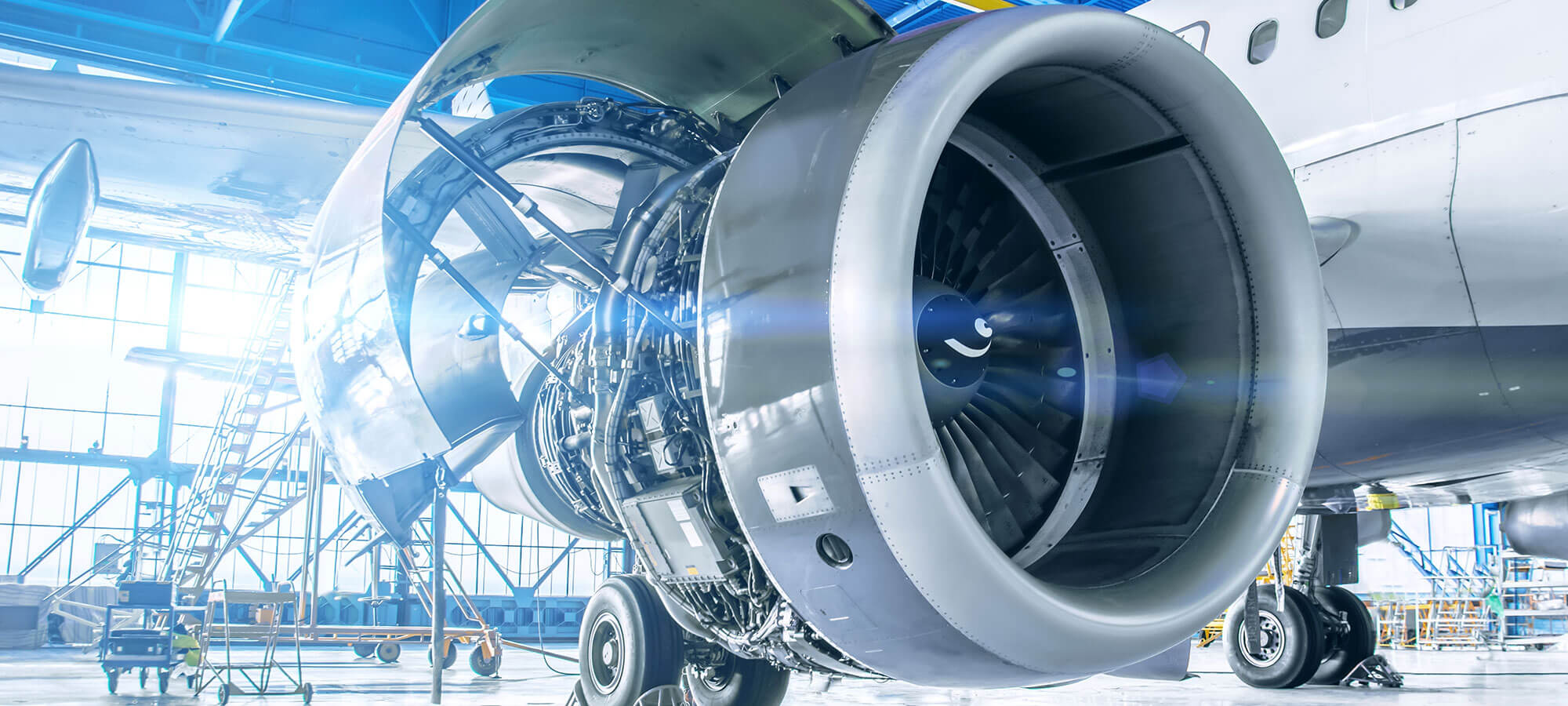TEPL Mechanical Calibration Technician
- Posted 14 August 2024
- Salary £15.54 per hour
- LocationDenbighshire
- Job type Contract
- Discipline Industrial Recruitment
- ReferenceMP180344CT3720-J57108
Job description
MPI have a requirement for a TEPL Mechanical Technician
(This role is deemed to be in-scope of IR35 & this client only allows workers to be paid PAYE – therefore the Hourly rate is set by our client)
JOB Description
To measure and characterise the performance of customer mechanical test and measurement equipment (TME) by comparison to TEPL calibration standards or artefacts, in accordance with authorised procedure and metrological good practice.
RESPONSIBILITIES OF THE JOB
Understanding and complying with statutory, quality and organisational requirements for aviation, including safety, documentation, occupational health and safety in an aviation environment.
To carry out calibration and/or measurements in accordance with authorised documentation.
Adjustment or partial reconditioning of customer assets that have drifted outside specification (where possible).
To complete all relevant paperwork (e.g. F731) in order to declare the customer asset as conforming to required specification and having a calibration that is traceable to the International System of Units (SI units), as realised at NMI (national metrological institution) level.
To ensure that calibration standards or artefacts used during measurement activities are those specified in the authorised calibration procedure, are fit for use and hold a valid calibration status. To report any suspected issues with calibration standards or artefacts that may compromise the integrity of measurement results.
To analyse and interpret measurement results, ensuring that customer asset performance is within the specification stated in the applicable calibration statement of requirement and/or standard.
To update calibration records on TEPL business system (Beaver Data Management System (DMS)) prior to and after any calibration activity. To ensure that data has been captured accurately regarding calibration assets/artefacts used (metrological traceability) and that any important information regarding customer asset as-found and as-left conditions has been logged.
In the interest of safety and airworthiness there is a chain of individual responsibilities for the maintenance work and a system of recording work carried out. Once signed maintenance documents constitute legally binding certificates. Human nature may give rise to an error (a genuine mistake) or a violation (a deliberate deviation from a rule or procedure). If the business supplies the correct tools, documents, processes and procedure and the individual choses to deliberately deviate from the aforementioned, they may be liable to prosecution.
To coordinate with Team Leader and/or TEPL Support Engineers in the raising of Request For Change (RFC) forms for issues that have been identified with regard to documented calibration procedures.
To carry out pre-production proving of technical documents following RFC process and to provide feedback to actioning engineer and agree corrective amendment action where necessary or coordinate with TEPL Test & Measuring Equipment Controller (TMEC) in the sign-off of amended documentation.
To assist TEPL TMEC in the round-up of TEPL calibration standards and artefacts in preparation for internal recalibration or dispatch to external calibration organisations.
To follow procedure regarding the bonding of customer assets where a TEPL standard or procedure has become unavailable or unsuitable for use.
To coordinate with TEPL Engineering Support in the authorisation of alternative Test and Measurement equipment if a suitable alternative calibration standard has been identified in lieu of either a specified standard that is unavailable or if an opportunity for enhanced accuracy has been identified.
REQUIRED KNOWLEDGE AND SKILLS
Able to interpret measurement results and compare against customer calibration statement of requirement.
Correct handling of calibration standards and artefacts and construction of suitable test-pieces for mechanical calibration.
Best metrological practice and principles behind uncertainty of measurement and traceability.
Use of BEAVER DMS and Microsoft Windows based software packages, including proprietary metrological analysis software (e.g. Roundpak, Calypso, etc.).
INTELLECTUAL DEMANDS OF THE JOB
The candidate may be asked to assist with investigations potentially leading to amendments in existing calibration documentation or procedures, including response to changes in manufacturer technical drawings/instructions, receipt of customer ‘unknown item’ types, response to calibration standard obsolescence, etc.
COMMUNICATION DEMANDS OF THE JOB
Category B Calibration personnel may be asked to over-stamp and ensure validity of results of a category A authorised colleague who is in training.
Communication between calibration personnel and TEPL Helpdesk is required when assessing the TEPL’s capability to satisfy a ‘while-you-wait’ or priority demand for asset calibration from a customer.
Communication with a calibration asset end-user or unit point of contact may be required (either directly or in coordination with the Team Leader) where a customer asset’s performance falls outside specification but the issue of a ‘limited calibration’ may be advisable. Any deviation from authorised calibration procedure must be documented clearly and a suitable information labels must be affixed to customer assets where this action has taken place.
PHYSICAL DEMANDS
Pre-calibration processes involved in the calibration of force and torque customer assets often mandates the lifting of heavy equipment and the manipulation of assets which may be resistive to applied forces.
Work involved in this calibration discipline is often highly detailed and requires the metrologist to discern fine graduation markings on calibration equipment.
Customer assets calibrated in Force and Torque area discipline may be heavy in nature and require the manipulation of tight fasteners in order to facilitate adjustment.
REQUIRED EDUCATION AND EXPERIENCE
- BTEC ONC in a relevant Engineering discipline.
- Completion of a recognised relevant Engineering apprenticeship or similar accredited training.
- Hold and maintain the relevant MAOS authorisations.
- Working knowledge of IT systems (Word, Excel etc.)
